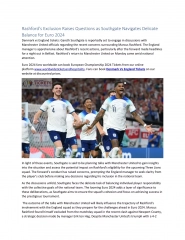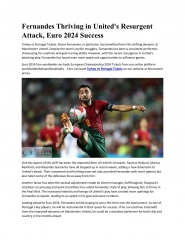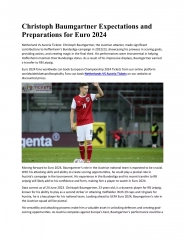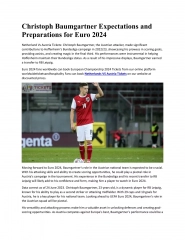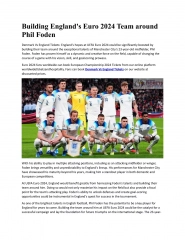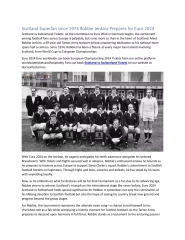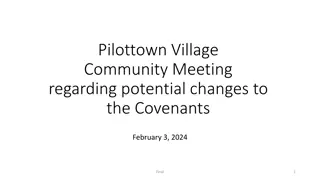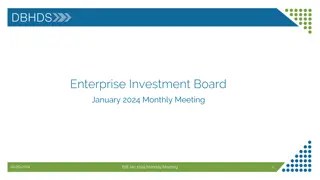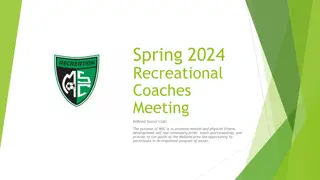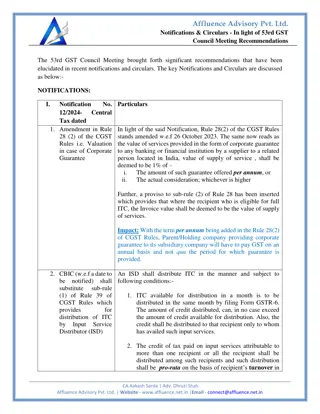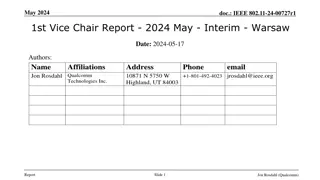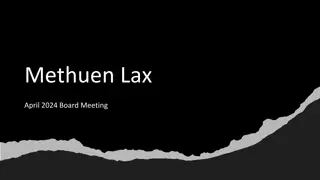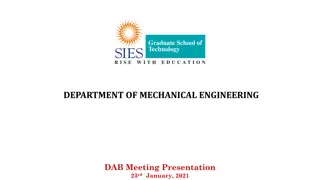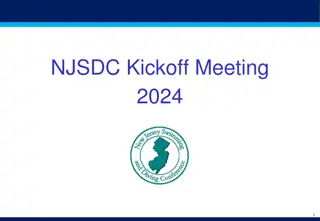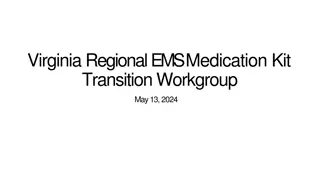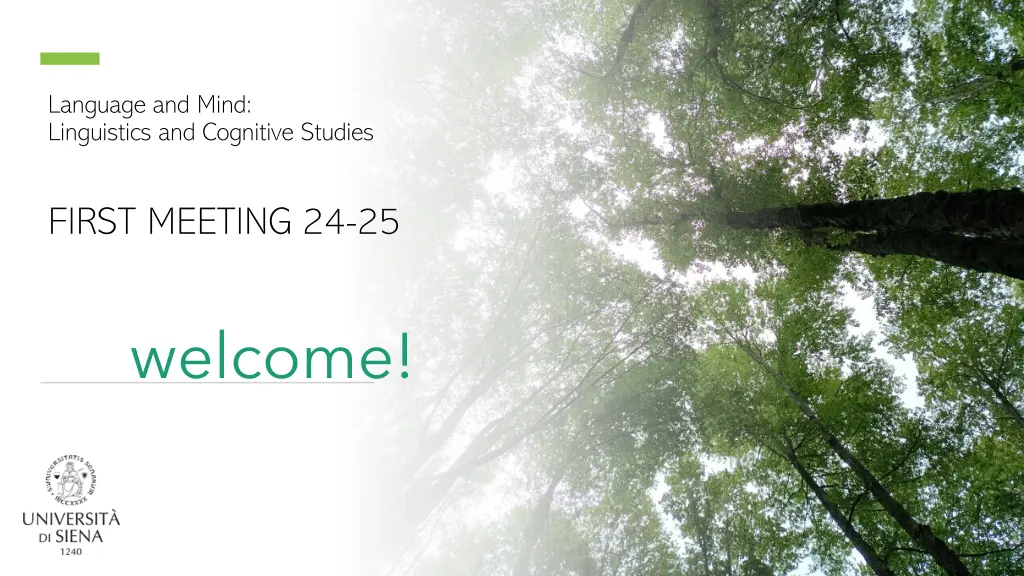
Meeting the L&M Community: Language and Mind Studies
Explore the interdisciplinary world of Language and Mind Studies through the L&M Community. Discover a diverse learning environment, engaging in formal linguistics, theoretical philosophy, and psychology. Join us for active learning opportunities and tailor your academic path towards your research interests and career goals.
Download Presentation

Please find below an Image/Link to download the presentation.
The content on the website is provided AS IS for your information and personal use only. It may not be sold, licensed, or shared on other websites without obtaining consent from the author. If you encounter any issues during the download, it is possible that the publisher has removed the file from their server.
You are allowed to download the files provided on this website for personal or commercial use, subject to the condition that they are used lawfully. All files are the property of their respective owners.
The content on the website is provided AS IS for your information and personal use only. It may not be sold, licensed, or shared on other websites without obtaining consent from the author.
E N D
Presentation Transcript
Language and Mind: Linguistics and Cognitive Studies FIRST MEETING 24-25 welcome!
Who are we? The L&M Community A learning community with students from a variety of backgrounds and a multidisciplinary program including linguistics, theoretical philosophy, psychology We aim to create a common basis of competences in formal linguistics and theoretical philosophy (first year courses) We aim to create individual learning paths in the two curricula, leading to MA thesis projects that are relevant for the research interests and professional objectives of each student ( mostly second year courses, internships, Erasmus exchanges, double degree) We engage in active learning, especially in the research seminars and workshops hosted by the Interuniversity Center for Cognitive Studies on Language (CISCL) (director: Prof. Adriana Belletti) www.ciscl.unisi.it and by the Experimental Linguistics and Syntactic Cartography Lab (referent: prof. Vincenzo Moscati) https://www.dispoc.unisi.it/en/research/coworking-lab/
Who are we? The L&M community We meet regularly (3 meetings every year) to discuss what we are doing, and what we are going to do We support individual learning by close contact between students and professors The Teaching Committee organizes and monitors the working of the didactic activities examines students requests about their study plans discusses issues raised by the students through their representatives Valentina Bianchi (President) Giuliano Bocci Salvatore Pistoia Reda Giacomo Romano Filippo Canepa (student representative) valentina.bianchi@unisi.it giuliano.bocci@unisi.it salvatore.pistoiareda@unisi.it giacomo.romano@unisi.it f.canepa@student.unisi.it tutor student (until December) Federica Interlandi f.interlandi1@student.unisi.it
The study plan First year 2024-25 First year, First semester Casalicchio Syntactic structures and compositional semantics Module A: Syntactic structures I-II 6 credits + Bianchi Syntactic structures and compositional semantics Module B: compositional semantics 6 credits 6 credits Bocci Phonetics and phonology II Moscati Language acquisition I 6 credits Bianchi Introduction to Formal Pragmatics II 6 credits Cilibrasi Corpora, cognition, and language learning II 6 credits Varnier Philosophy of mind I I 6 credits + 6 credits Varnier Philosophy of mind II Pistoia Reda Philosophy of logic and philosophy of natural languages Module A: Philosophy of natural languages I 6 credits + Piccolomini D Aragona Philosophy of logic and philosophy of natural languages Module A: Philosophy of logic 6 credits
The study plan First year 2024-25 First year, first semester Casalicchio Syntactic structures and compositional semantics Module A: Syntactic structures I-II 6 credits + Bianchi Syntactic structures and compositional semantics Module B: compositional semantics 6 credits 6 credits Bocci Phonetics and phonology II Moscati Language acquisition I 6 credits Bianchi Introduction to Formal Pragmatics II 6 credits Cilibrasi Corpora, cognition, and language learning II 6 credits Varnier Philosophy of mind I I 6 credits + 6 credits Varnier Philosophy of mind II Pistoia Reda Philosophy of logic and philosophy of natural languages Module A: Philosophy of natural languages I 6 credits + Piccolomini D Aragona Philosophy of logic and philosophy of natural languages Module A: Philosophy of logic 6 credits
The study plan First year 2024-25 First year, second semester Casalicchio Syntactic structures and compositional semantics Module A: Syntactic structures I-II 6 credits + Bianchi Syntactic structures and compositional semantics Module B: compositional semantics 6 credits 6 credits Bocci Phonetics and phonology II Moscati Language acquisition I 6 credits Bianchi Introduction to Formal Pragmatics II 6 credits Cilibrasi Corpora, cognition, and language learning II 6 credits Varnier Philosophy of mind I I 6 credits + 6 credits Varnier Philosophy of mind II Pistoia Reda Philosophy of logic and philosophy of natural languages Module A: Philosophy of natural languages I 6 credits + Piccolomini D Aragona Philosophy of logic and philosophy of natural languages Module A: Philosophy of logic 6 credits
Second year Linguistics & Cognition (cohort 2023-24) Belletti Bianchi Bocci Rizzi Zanca Morphosyntax and experimental studies on language Issues in intensional semantics Advanced issues in Phonology and Syntax Theory of grammar Corpora, language and translation 6 credits 6 credits 6 credits 6 credits 6 credits 2 exams chosen among 1 exam chosen among Moscati Guidi Psycholinguistics Methodology of research in cognitive and social psychology 6 credits 6 credits Chesi Computational Linguistics 6 credits
Second year Philosophy & Cognition (cohort 2023-24) Pistoia Reda Logic of natural languages 6 credits Romano Advanced topics in philosophy of mind 6 credits Bianchi Issues in intensional semantics 6 credits one exam chosen between Moscati Guidi D. Engeneering Psycholinguistcs Methodology of research in cognitive and social psychology Formal systems 6 credits
Second year Linguistics & Cognition (year 2025-26) Belletti Bianchi Bocci Rizzi Zanca Morphosyntax and experimental studies on language Issues in intensional semantics Advanced issues in Phonology and Syntax Theory of grammar Corpora, language and translation 6 credits 6 credits 6 credits 6 credits 6 credits 2 exams chosen among Moscati Guidi Pistoia Reda Psycholinguistics Methodology of research in cognitive and social psychology Logic of natural languages 6 credits 1 exam chosen among 6 credits Chesi Computational Linguistics 6 credits
Second year Philosophy & Cognition (2025-26) Pistoia Reda Logic of natural languages 6 credits Romano Philosophy of cognition 6 credits Bianchi Issues in intensional semantics 6 credits one exam chosen between Moscati Guidi D. Engeneering Psycholinguistcs Methodology of research in cognitive and social psychology Foundations of mathematics 6 credits
Evaluation of courses Towards the end of each module, you will be invited to fill in an evaluation questionnaire. This is not compulsory, but it is crucial in order to identify any problems related to the course and improve the didactic activities. The results of the questionnaires are available to each instructor, and also on the public webpage: https://www.unisi.it/didattica/rilevazione-opinione-studenti-e-studentesse They are discussed in the L&M annual meetings, in the meetings of the Teaching Committee, of the Teaching Board, of the students-professors Committee (CPSD) of the Department. Any problems can also be communicated to the Teaching Committee through the student representatives.
Second year Common activities Two free Two free choice choice courses courses 12 credits chosen by the student from the MA-level courses offered in English at the University: if chosen among L&M courses, they are automatically accepted if chosen from another program, the choice must be approved by the Teaching Committee NB: Language courses at the CLA cannot be chosen as free credits. Suitability Suitability English C1 (or C2) English C1 (or C2) If C1 was obtained in your BA: to be approved by the Teaching Committee If not obtained in your previous studies, contact the CLA (https://www.cla.unisi.it/en) NB. Other language courses at CLA can be registered as extra credits 3 credits Job training and Job training and guidance presentation of personal thesis project + internship organized individually with a L&M professor and/or participation in research seminars and one students thesis presentation session guidance 3 credits Thesis project Thesis project 18 credits
The research seminars The Inter-University Center for Cognitive Studies on Language (CISCL) regularly organizes research seminars, both in presence and online, by the researchers of the centre and by guests: www.ciscl.unisi.it/events (currently reachable only from within the Uni network) Online seminars are also offered by the Milan branch of the Center (BIL group). The seminars are announced via the Newsletter, for enrolled students, and also on the Department website: https://www.dispoc.unisi.it/en/notizie/ciscl-research-seminars-aa-20242025
Thesis project and extra credits The thesis project is assigned 18 credits It is supervised by one L&M professor (relatore) possibly with a co-supervisor (also external) (co-relatore) Thesis reviewed by one L&M professor and discussed in a public defense (contro-relatore) . More on this later In addition to the regular 120 credits, it is possible to take extra exams up to 24 credits. The choice of exams must be approved by the teaching committee. The credits are recorded in the student s diploma supplement (they are not computed in the average for the final degree)
The double degree program UNIVERSIT DI SIENA Language and Mind: Linguistics and Cognitive Studies UNIVERSIT PARIS 1 PANTHEON-SORBONNE - Master Philosophie , parcours Logique et Philosophie des Sciences . Language of teaching: French (minimum level required: B1) In their first-year students in the MA Language and Mind. Linguistics and cognitive studies have the opportunity to participate in the selection for a Double Degree program with the Universit Paris 1 Panth on - Sorbonne. Successful candidates spend their second year at the Universit Paris 1 Panth on - Sorbonne. The thesis is written in French or in English and discussed in both Universities. Participation in the Double Degree favors the gain of further perspectives on topics related to logic, philosophy of science, cognitive and language studies developed in Paris. PROGRAM COORDINATORS University of Siena - Prof. Salvatore Pistoia Reda Universit Paris 1 Panth on-Sorbonne - Prof. Maximilian Kistler
Learning outcomes o Graduate students will be able to read research papers and to formulate original research projects; to report their work in seminars and in written essays; to actively participate in discussions in a research team; to design and implement psycholinguistic experiments. i) For graduates from the "Linguistics and Cognition" curriculum, their scientific profile and the professional skills acquired will allow them to apply theories and methods of linguistic research to the description and analysis of natural languages, in the domain of advanced theoretical, experimental and applied research, also from an interdisciplinary perspective; ii) graduates from the "Philosophy and Cognition" curriculum will be able to carry out advanced research at the intersection between cognitive science, philosophy of mind and philosophy of language. o Several students of the MA have continued their academic career in the domains of linguistics and analytical philosophy in the frame of a doctorate. The acceptance rate of our students in doctoral and post-doctoral programs in Italy and abroad has been high over the years: Milano-Bicocca, IUSS-Pavia, Firenze, Trento-Rovereto, Cambridge-UK, Tours, Ghent, Reading, Edinburgh, Frankfurt, Oslo, Paris-ENS, Berlin, Geneva, UCLA, CUNY, etc.
The syllabi The syllabus of each teaching can be found at: https://language-mind.unisi.it/en/study/subjects/subjects-ay-2024-2025 then clicking on each course name. (NB: only for modules with an instructor) Read carefully each syllabus, especially to learn about the didactic objectives and the related modality of exam. You also find the course contents, the bibliography, and additional info.
The exams Each professor decides on the modality according to their didactic objectives: i. Written test ii. Oral (face-to-face) exam, class discussion iii. Seminar (presentation to the class) or written essay on a selected topic iv. Project Top grade: 30/30 (cum laude). 18 is the minimum grade to pass the exam. Calendar of exam periods: https://www.dispoc.unisi.it/en/teaching/calendar-courses Sign up for an exam date on segreteriaonline.unisi.it (UNISi password) or through the app. You can take an exam more than once to reach the didactic objectives (no penalty).
The didactic platform You can access the didactic platform with your UNISI account: elearning.unisi.it or temporarily through the guest mode (if activated by the professor). Some courses have a password (ask the professor if you missed it). Each professor decides on which materials to make available, whether to assign homework or do intermediate tests, according to the relevant didactic objectives. Professors office hours are announced on their personal pages (check for any changes): https://www.dispoc.unisi.it/en/department/staff
The didactic secretariat The didactic secretariat is located in via Mattioli 10 (underground floor): Studenti.mattioli@unisi.it
Thesis projects It is important to start thinking about a thesis project as soon as possible Possible thesis topics typically come to mind during the classes and when you attend research seminars. Moreover professors are always available, during the office hours, to discuss possible thesis topics. Everything starts with an initial brainstorming! See the Moodle module Language and Mind Thesis projects for general information: https://elearning.unisi.it/course/view.php?id=9716 To be discussed also in a dedicated meeting (probably in December) and during the second annual meeting.
Thesis presentation As part of the 3 credits for Job Training and Guidance , before graduating you will give a 30-minute presentation of your thesis project. You will thus receive useful input from both the professors and the other participating students. The presentation sessions are usually one month before the graduation sessions (on which see the academic Calendar: December, March, July and September). The dates are announced via the Newsletter; you have to sign up for a session when you are ready to give your seminar (instructions also given via the newsletter).
Erasmus scholarships Call published here: https://en.unisi.it/international/mobility-abroad Students who are granted an Erasmus exchange scholarship must prepare a Learning Agreement Before the Mobility, whose approval by the L&M Teaching Committee is a condition for the grant to become effective. Each Erasmus agreement has a local coordinator in Siena. If the local coordinator of your Erasmus exchange is a L&M professor, discuss with him/her your LA Before the Mobility, so as to select relevant didactic modules at the host institution that suitably replace corresponding modules in the L&M study plan. You are also encouraged to select possible alternatives for modules that might replace the selected ones, in case your LA has to be changed during the mobility (new LA to be approved again by the teaching Committee). If the local coordinator is not a L&M professor, contact a professor member of the L&M Teaching Committee to discuss your LA with him/her to the same effect. When the LA is ready, you will submit it for approval to the Committee through the didactic secretariat (student.mattioli@unisi.it). You should submit your LA at least two months before the planned date for leaving, keeping in mind that the Teaching Committee meets once every month (usually around the 20th).
Erasmus scholarships If you intend to devote your time at the host institution to carry out research for a thesis project, before submitting your LA to the Teaching Committee, you must first define your thesis project with a L&M supervisor and discuss with him/her the research activities that you will carry out at the host institution. The supervisor will issue a statement concerning the research activities planned and will indicate a referent at the host institution; this will constitute the basis for the Teaching Committee s decision about the approval of your LA. Again, you should submit your LA for approval at least two months before the planned date of leaving. When your period at the host institution is completed, you will need a statement both from the host institution and from your supervisor about the research activities that you have carried out. These documents too must be approved by the Teaching Committee.

